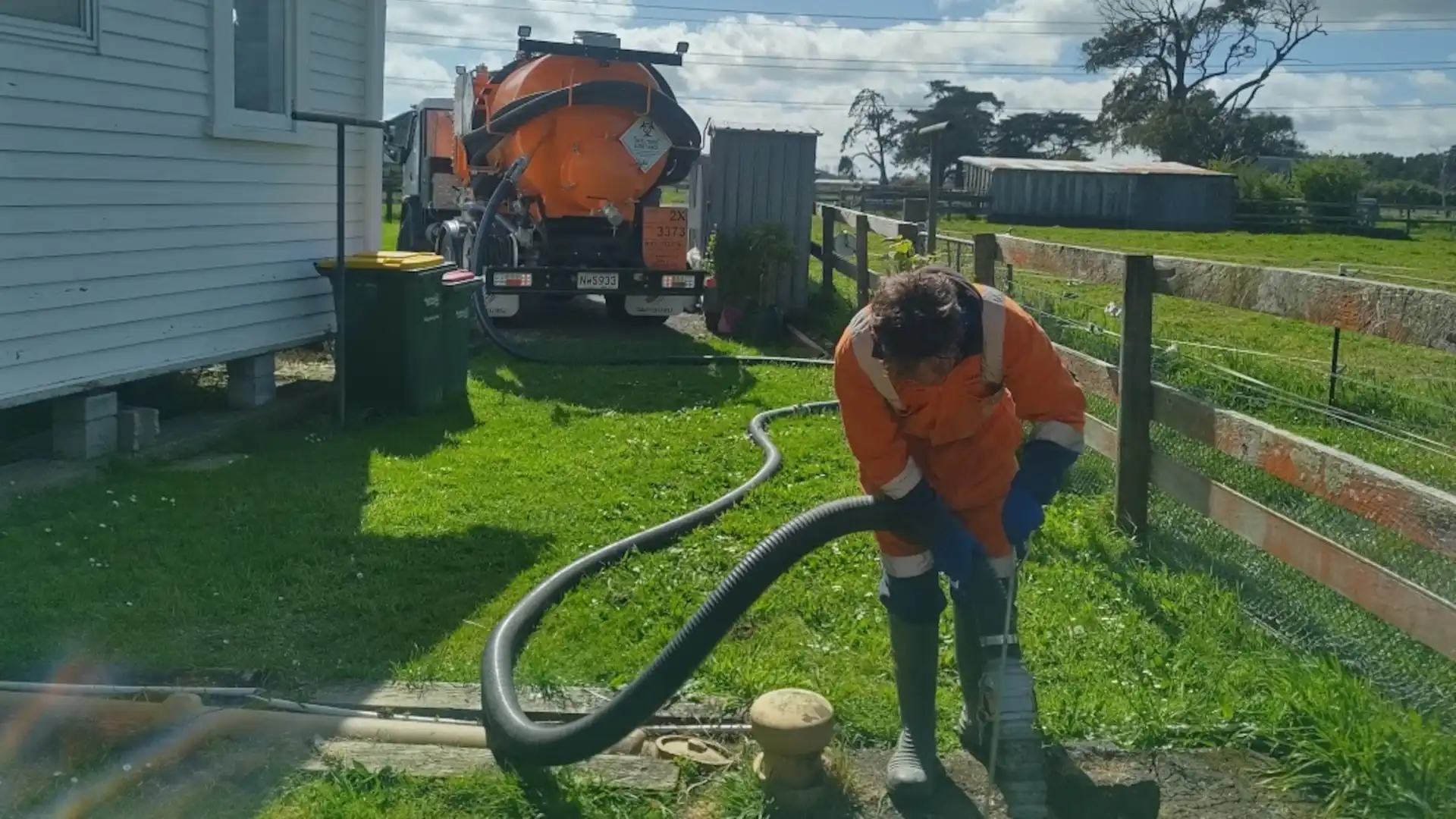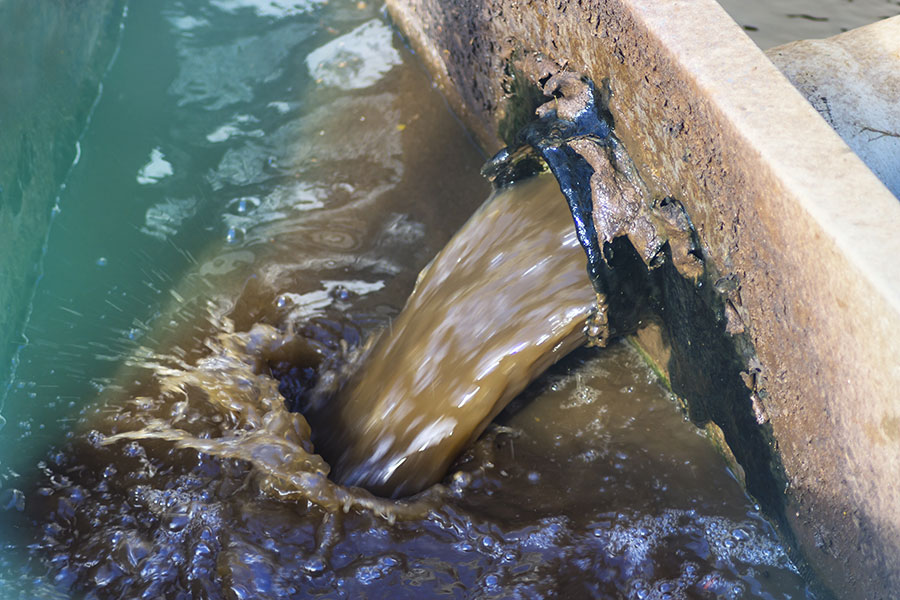The Significance of Liquid Garbage Disposal in Preserving Public Wellness and Environmental Security
The value of fluid waste disposal expands much beyond simple conformity with policies; it is a vital element in guarding public health and wellness and making sure ecological stability. As we check out the complex effects of liquid waste disposal, it becomes noticeable that a comprehensive understanding is needed to address these pressing concerns.
Health And Wellness Risks of Improper Disposal
Inappropriate disposal of fluid waste poses considerable health threats that can influence both people and neighborhoods. When liquid waste is not managed properly, it can contaminate drinking water products, leading to a myriad of health concerns. liquid waste disposal melbourne. Virus present in unattended waste can create contagious diseases, while chemicals might result in long-lasting health and wellness complications, consisting of cancer cells and neurological problems
In densely populated locations, the threat magnifies as inappropriate disposal can cause episodes of waterborne health problems such as cholera and dysentery. Susceptible populaces, including youngsters, the senior, and those with pre-existing wellness conditions, are particularly susceptible to these unfavorable effects. In addition, direct exposure to unsafe materials in fluid waste can interfere with endocrine features and hinder reproductive health.
It is essential for public wellness authorities to promote and carry out rigid laws awareness campaigns concerning correct fluid waste disposal techniques. By doing so, we can reduce these health risks and safeguard the wellness of individuals and the wider neighborhood.
Ecological Influence of Liquid Waste
Liquid garbage disposal dramatically impacts the setting, with effects that can be both instant and lasting. When liquid waste is improperly taken care of, it can result in extreme contamination of dirt, rivers, and air. Hazardous substances usually present in fluid waste, such as heavy steels, pesticides, and organic solvents, can seep right into the ground, posturing dangers to ecosystems and human health.
The instant impacts of liquid garbage disposal include eutrophication, where nutrient-rich waste advertises too much algae growth in water bodies. This process depletes oxygen degrees, bring about the fatality of marine life and disturbance of neighborhood biodiversity. Furthermore, the leaching of dangerous chemicals right into groundwater can compromise drinking water supplies, creating lasting health and wellness hazards for neighborhoods.
Lasting repercussions of inadequate fluid waste management consist of habitat deterioration and loss of biodiversity. Sensitive ecosystems, such as rivers and marshes, are particularly vulnerable, as they rely upon tidy water to maintain varied plants and fauna. On the whole, the ecological influence of liquid waste disposal underscores the immediate demand for effective monitoring strategies to secure both the atmosphere and public wellness.
Reliable Disposal Methods
When thinking about effective disposal methods for fluid waste, it is vital to carry out techniques that lessen environmental impact while making certain public health and wellness safety and security. Chemical treatments, including coagulation and neutralization, can make hazardous compounds inert, while physical methods like filtration or sedimentation help divide solid particulates from liquids.
In addition, incineration is an effective disposal approach for specific fluid wastes, specifically those that are extremely hazardous or flammable. This process transforms waste right into ash, gases, and heat, significantly minimizing the quantity of waste while decreasing risks linked with storage.
Furthermore, safe and secure landfilling of treated fluid waste can be a practical choice when various other approaches are impractical. Guaranteeing that land fills are developed with linings and leachate collection systems helps stop contamination of groundwater and surrounding ecological communities.
Lastly, recycling and healing of specific fluid waste materials can add to resource conservation - liquid waste disposal melbourne. Applying these methods not only secures public health yet also promotes environmental sustainability, fostering a liable strategy to squander management
Legal Laws and Conformity

Conformity with these policies is crucial not just for lawful liability however additionally for securing public wellness and the atmosphere. Organizations must establish and apply comprehensive waste monitoring intends that comply with regulatory standards, consisting of getting needed licenses, carrying out routine inspections, and preserving detailed documents of garbage disposal tasks.

Area Recognition and Education And Learning
Advertising neighborhood awareness and education and learning concerning liquid waste disposal is vital for cultivating accountable environmental stewardship. Increased understanding of the ramifications of incorrect fluid garbage disposal can significantly impact public health and wellness and ecological safety and security. Educational campaigns can empower people to identify the kinds of liquid waste that call for unique handling, such as harmful products, and the possible dangers they posture to both human health and ecological communities.
Community programs that consist of workshops, educational campaigns, and school curricula can successfully share expertise concerning correct disposal techniques. By urging community involvement and engagement, these programs can grow a Resources culture of duty and accountability. In addition, regional federal governments and companies need to work together to give obtainable sources, such as disposal websites and standards for fluid waste monitoring.
Including interactive sessions and sensible demonstrations can further improve finding out outcomes, making the details much more actionable and relatable. Ultimately, an educated neighborhood is better outfitted to make informed decisions regarding liquid waste disposal, resulting in enhanced public health and wellness end results and a more secure atmosphere. The collective effort of organizations, people, and federal governments is crucial in developing a sustainable future.
Conclusion
To conclude, the importance of appropriate liquid waste disposal is paramount Get the facts for guarding public health and wellness and making sure environmental safety. Failure to comply with efficient disposal techniques can result in serious wellness dangers and ecological destruction. Lawful regulations play an important function in controling disposal methods, while community understanding and education are crucial for cultivating responsible habits. By prioritizing these components, neighborhoods can minimize damaging impacts and advertise a sustainable future, eventually securing both human health and eco-friendly stability.
The value of fluid waste disposal extends far past plain compliance with guidelines; it is a critical factor in securing public wellness and making certain environmental integrity. liquid waste disposal melbourne.The instant results of liquid waste disposal include eutrophication, where nutrient-rich waste promotes too much algae growth in water bodies. In general, the ecological impact of fluid waste disposal emphasizes the urgent demand for effective administration approaches to protect both the atmosphere and public health and wellness
When thinking about reliable disposal techniques for fluid waste, it is critical to implement strategies that decrease ecological influence while guaranteeing public health safety. Numerous policies regulate the administration of liquid waste, including the Resource Preservation and Recovery Act (RCRA) in the United States, which outlines the proper handling, treatment, and disposal of unsafe waste.